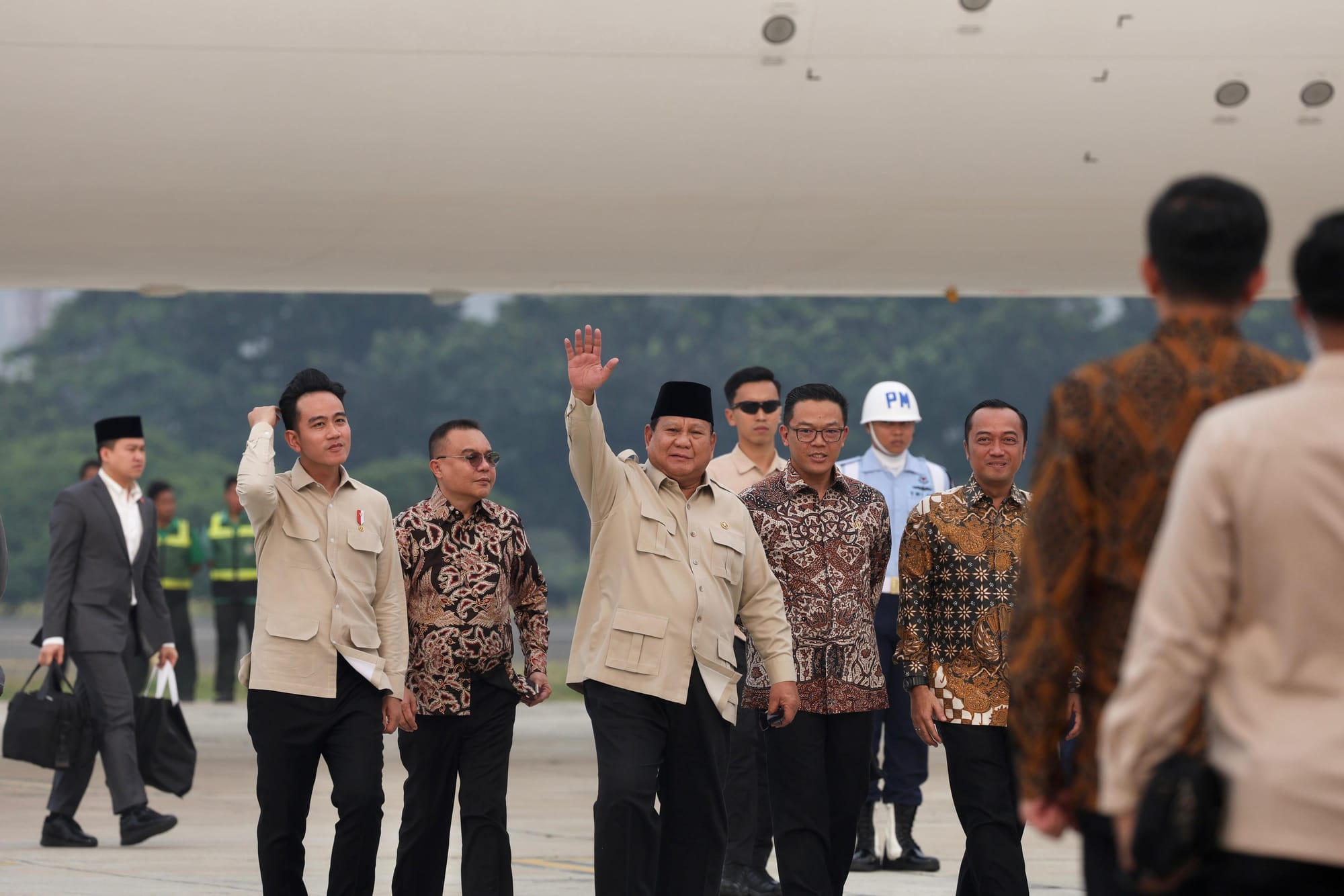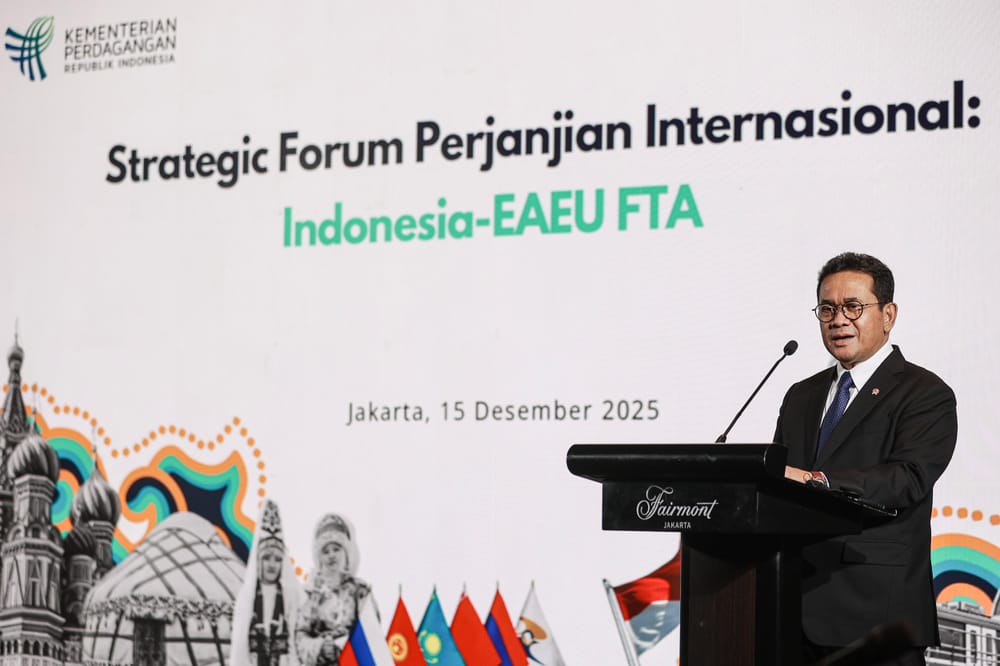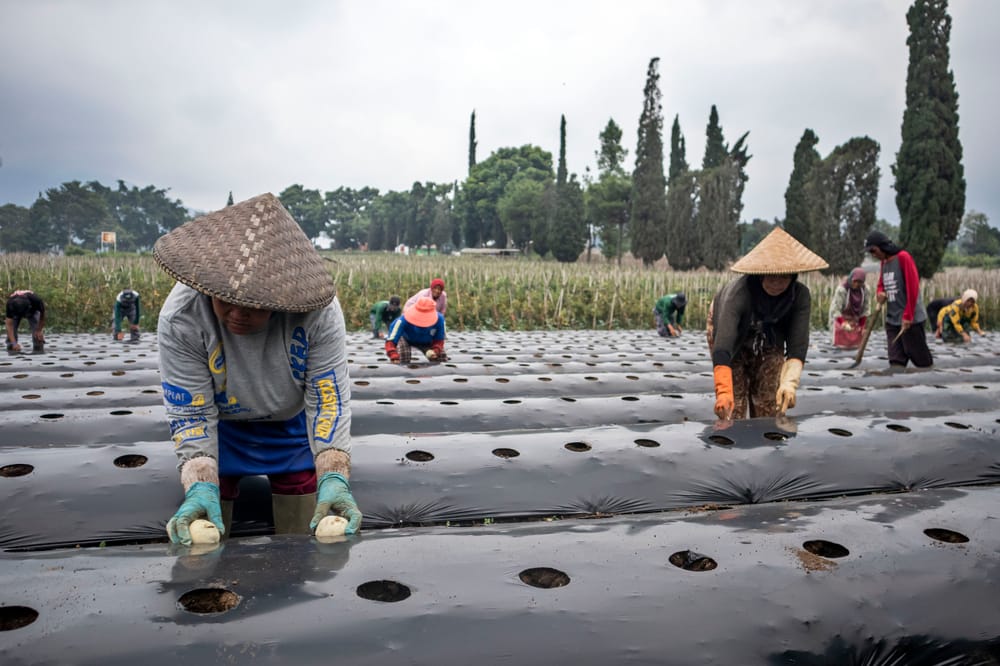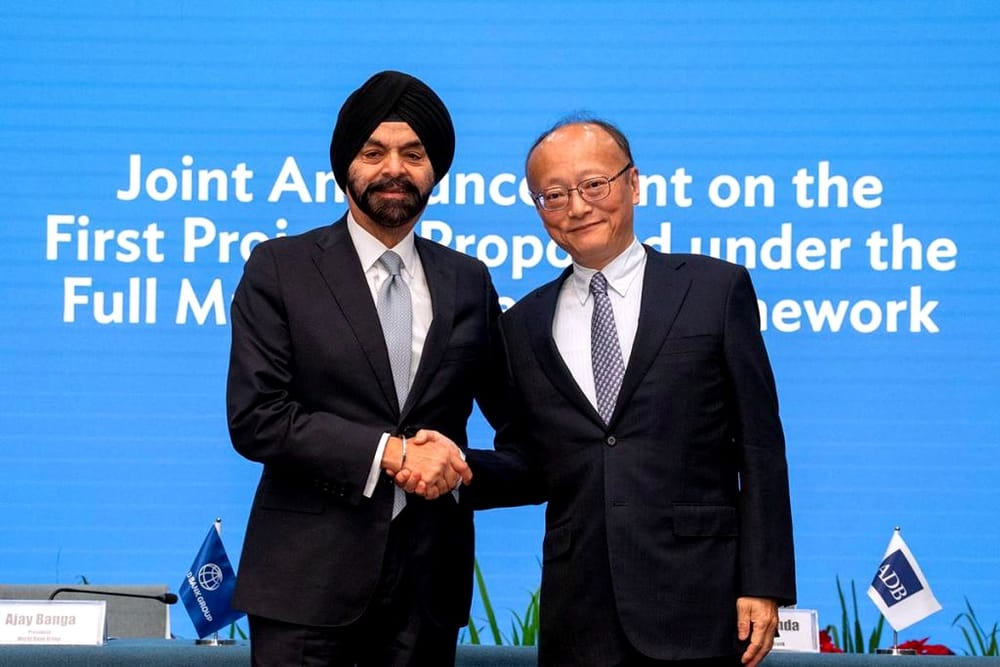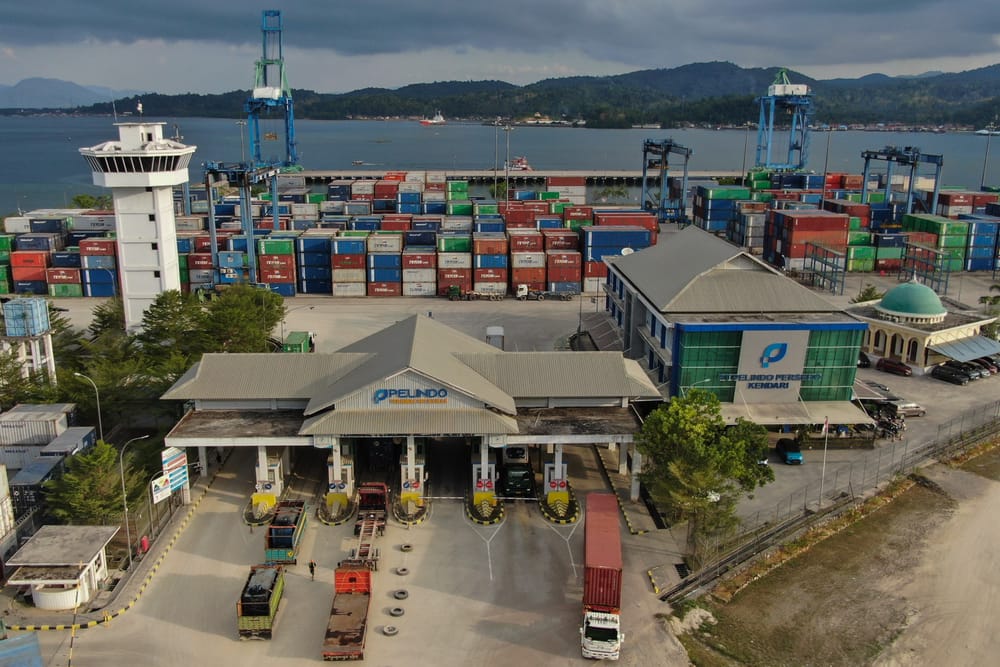The government's long negotiations have finally paid off. On Thursday (17/7) the United States officially applied a new export tariff on Indonesia to 19%, down from 32% initially.
Businesses consider this as an encouragement to boost exports to non-traditional countries and improve competitiveness. While some experts consider this to be a breath of fresh air in the midst of the threat of the current global situation.
In his social media account, Donald Trump said the deal came after his talks with President Prabowo Subianto.
"This landmark deal opens the entire Indonesian market to the United States for the first time in history."
"Indonesia will pay the United States a 19% tariff on all goods they export to us, while US exports to Indonesia will be tariff and non-tariff barrier free. If there is a transhipment from a higher tariff country, that tariff will be added to the tariff that Indonesia pays," Trump said.
Indonesia has previously negotiated with the United States through various negotiation proposals and bilateral cooperation related to reciprocal tariffs. A number of offers were made to cut the threat of high tariffs from the President of Uncle Sam's country.
Among other things, Indonesia has committed to buying USD15 billion dollars in energy from the US, USD4.5 billion dollars in American agricultural products, and the purchase of 50 Boeing 777 jets.
In the digital sector, duties on electronic transmissions will be removed as well as not requiring US digital platforms to share local data.
Indonesia also committed to increase imports of a number of strategic products from the US, such as cotton, wheat, corn, and Boeing aircraft,
( @realDonaldTrump - Truth Social Post )
- Donald J. Trump 🇺🇸 TRUTH POSTS (@TruthTrumpPosts) July 15, 2025
( Donald J. Trump - Jul 15, 2025, 2:09 PM ET )
This morning I finalized an important Deal with the Republic of Indonesia after speaking with their Highly Respected President Prabowo Subianto. This landmark Deal opens up Indonesia's ENTIRE... pic.twitter.com/eUTPATtad5
President Trump has also threatened a number of countries that are considered to be against his policies, Indonesia was also threatened with an additional 10% tariff from Trump because it was considered to be undergoing policies that were considered against the United States after Indonesian President Prabowo attended the BRICS meeting, a group of countries consisting of Brazil, Russia, India, China and South Africa.
Indonesian President Prabowo Subianto said that negotiations with the US were tough, but eventually resulted in a lower tariff for Indonesia.
"I spoke directly with President Trump. Alhamdulillah there is an agreement, we understand their interests and they also understand our interests," said President Prabowo Subianto after his visit to the BRICS Summit and bilateral meetings.
"What is important to me is to protect our workers. Although we also have an attitude: this is our offer, we are not able to give more. But our people are safe," he continued as broadcast on the presidential palace website.
This agreement, according to Prabowo, brought a sigh of relief, although not complete satisfaction.
"If you are satisfied, zero percent," Prabowo joked, emphasizing that diplomacy is a long process, not a one-off.
Gather all Employers Immediately
In response to this, in the near future, the Indonesian Employers Association (APINDO) will immediately gather export businesses in the field to sectoralize the impact of this tariff policy update.
"We are also preparing various mitigation proposals to the government to ensure that the industry's transition and adaptation run effectively, including encouraging increased exports to non-traditional markets and accelerating the national deregulation agenda," said the Chairman of APINDO in his statement to SUAR.
He emphasized that Indonesia's export competitiveness does not only depend on tariffs, but also on certainty and ease of doing business, logistics and energy efficiency, as well as the quality of regulations and infrastructure that support the industrial sector.
Structural reforms, especially for labor-intensive industries, are crucial to ensure business resilience and job creation amid ongoing global pressures.
"This achievement is also in line with our strategic steps in finalizing the IEU-CEPA Agreement with the European Union, which opens up great opportunities for increased exports to the European market," Shinta said.
According to Shinta, the 19 percent tariff is much better than the original 32 percent proposal, and there is even "room" to negotiate even lower.
He assessed that Indonesia's current position is relatively more competitive than Thailand (36 percent), Laos (40 percent), Malaysia (25 percent), and Vietnam (20 percent with additional provisions for transshipment).
"This means that we still have room to maintain the competitiveness of our exports, especially on products that are highly dependent on the US market, such as textiles, footwear, furniture, and fisheries," he added.
However, Shinta cautioned that the competitive map can change quickly. Some neighboring countries are still in the process of negotiating with the US, so the government needs to continue to monitor and prepare anticipatory steps.
"For us, the key to success is not only diplomacy, but also structural reforms in the country. Tariffs are important, but export competitiveness also depends on regulatory certainty, ease of doing business, logistics and energy efficiency," Shinta explained.
Breathe a sigh of relief, but can't stop here
The tariff reduction is a relief, but it doesn't mean that Indonesia won a landslide victory, but rather a moment to calm down and take a break.
"I see this not as a victory, but more as a moment to take a breath, because we avoided a greater harm," said Deni Priawan, a researcher from the Center for Strategic and International Studies (CSIS) to SUAR.
On paper, he said, this tariff reduction does seem significant: a difference of 13 percent. However, when compared to Vietnam's move, the optimism is tempered. Vietnam negotiated a much deeper reduction, from 46% to 20% - a 26% drop.
According to Deni, the difference of 1 percent lower than Vietnam is almost meaningless if logistics, infrastructure, and bureaucracy issues in the country are not addressed.
"The one percent difference between us (19%) and Vietnam (20%) is very small. It doesn't necessarily make us more competitive," Deni explains.
Moreover, Indonesia is still plagued by high logistics costs, inefficient infrastructure, and dependence on labor-intensive sectors.
"Vietnam also committed to structural reforms: opening markets, improving customs, trade regulations. Indonesia has almost none of that," he explained.
The tariff deal did not come without a price. Unlike Vietnam, which focused on structural adjustment and market opening, Indonesia was forced to "pay" with the promise of massive imports of US products worth IDR 34 trillion: from Boeing aircraft, oil, to other products without clarity on whether the domestic sector is ready to utilize them.
"It could weaken our next bargaining position, especially if the management of SOEs or Garuda is still problematic," he said.
This agreement, according to Deni, also cannot be read only as a trade affair between two countries. The world is currently playing in a "multiplayer game theory": The US, China, Vietnam, EU, and Indonesia all influence each other.
"The US uses Vietnam to pressure China. Then, Indonesia is also pressured to make a quick deal. Meanwhile, the EU and China are watching. They may not reply immediately, but they could delay investment or reduce imports from us," said Deni.
Instead of big profits, Indonesia is vulnerable to losing the trust of other partners. "We cannot consolidate with other ASEAN countries to negotiate together. Because we don't have the power," he said.
In the fast-changing global trade map, negotiations are just the end of a long process. "Our international position reflects domestic conditions. Without economic and political reforms at home, our bargaining power will remain fragile," Deni said.


